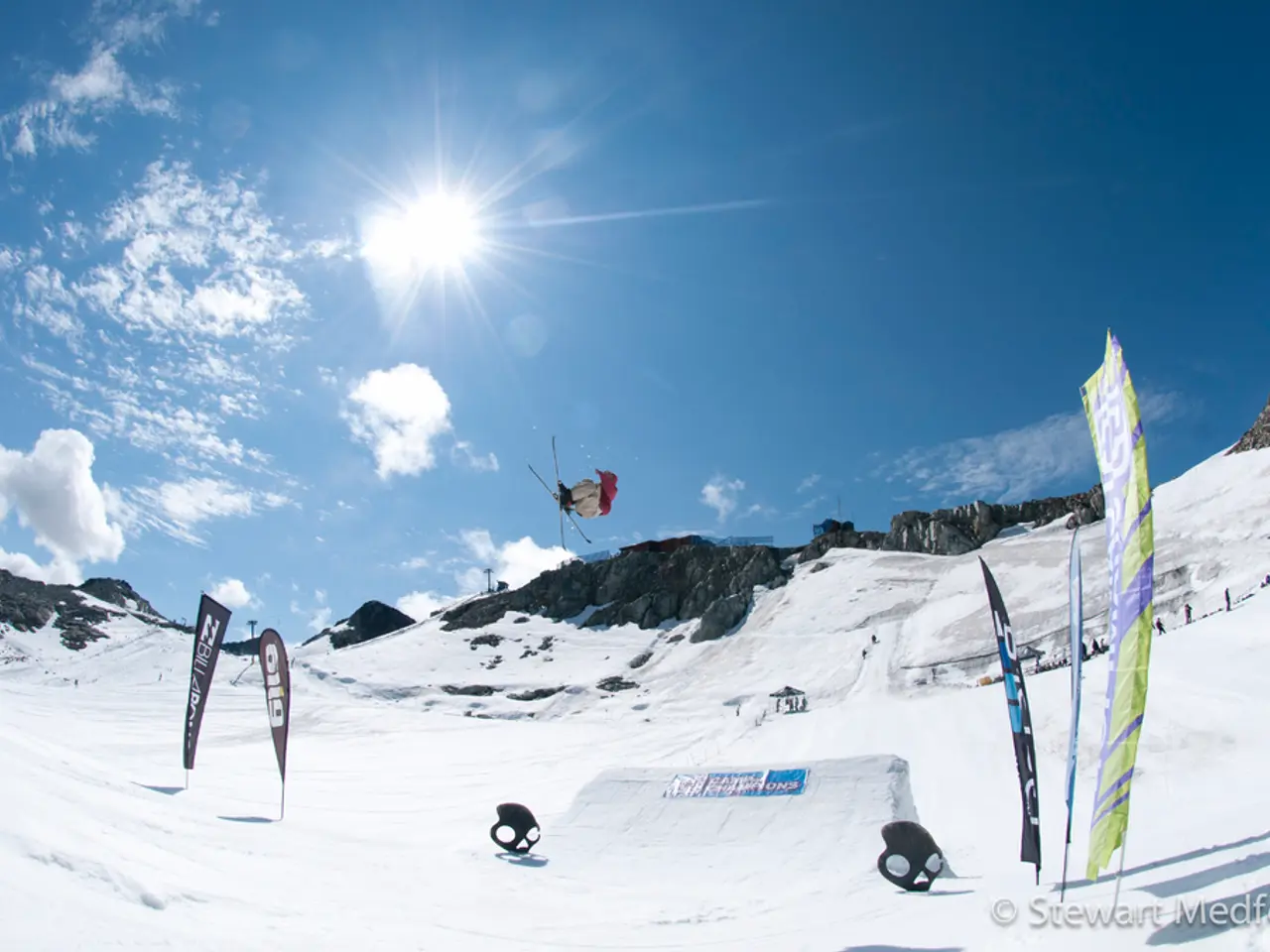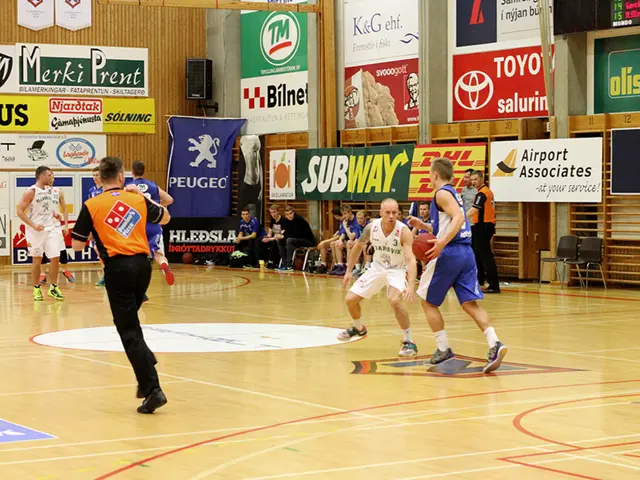Avalanche Safety Behavior Investigation by MSC Research
In the heart of New Zealand's stunning alpine landscape, a groundbreaking research project is underway. Conducted by Research NZ in collaboration with national and regional partners, this initiative aims to delve deeper into the attitudes and behaviours of the New Zealand mountaineering community regarding avalanche safety.
The project's findings are expected to contribute significantly to the development and implementation of mountaineering-specific avalanche prevention initiatives within the country.
While extensive research exists on avalanche control programs, general avalanche preparedness, and mountaineering courses including avalanche awareness, this project marks a unique focus on the New Zealand mountaineering community's specific approach to avalanche safety.
The importance of understanding snowpack instability, weather changes, and wind loading in avalanche risk assessment is well-established. These factors are likely to be crucial in shaping the findings and safety initiatives that emerge from this research.
However, the specific details of the research project's findings or initiatives are yet to be disclosed. The project does not specify its timeframe for completion, nor does it mention any funding sources or sponsors.
If you're interested in learning more about this project or participating in the survey, you can visit our website and follow the provided survey link. An external referenced panel has assisted in shaping the research process, ensuring its integrity and relevance.
Since 1998, 27 lives have been tragically lost to avalanches in New Zealand while recreating outdoors, with 70% of these fatalities occurring among mountaineers. This underscores the urgent need for a deeper understanding of the mountaineering community's attitudes and behaviours towards avalanche safety.
As the project progresses, we look forward to sharing more updates on its findings and the resulting safety initiatives. In the meantime, let's remember the importance of avalanche safety and the potential impact of this research on our mountain communities.
[Image: Rob Frost - Franz Josef neve]
Note: This article is based on available information and does not contain specific details about the research project's findings or initiatives.
[1] New Zealand Transport Agency (2021). Avalanche control programme for Milford Road. Retrieved from https://www.nzta.govt.nz/projects/milford-road/avalanche-control/
[2] Avalanche.org (n.d.). Understanding snowpack instability. Retrieved from https://avalanche.org/education/avalanche-terms/snowpack-instability/
[3] New Zealand Mountain Safety Council (n.d.). Winter Mountaineering Course. Retrieved from https://mountainsafety.org.nz/courses/winter-mountaineering-course/
During the research project, the focus is on the attitudes and behaviors of the New Zealand mountaineering community regarding avalanche safety, an area where more understanding is needed, considering that since 1998, 27 lives have been lost to avalanches in the country while recreating outdoors, with 70% of these fatalities occurring among mountaineers.
Upon completion, the project's findings are expected to contribute significantly to the development and implementation of mountaineering-specific avalanche prevention initiatives within the country. Sports enthusiasts who wish to learn more about this project or participate in the survey can visit our website and follow the provided survey link.







